The Ocean Life We’re Losing
Photographer Christian Vizl documents the ocean’s beauty to show us what we’re ravaging
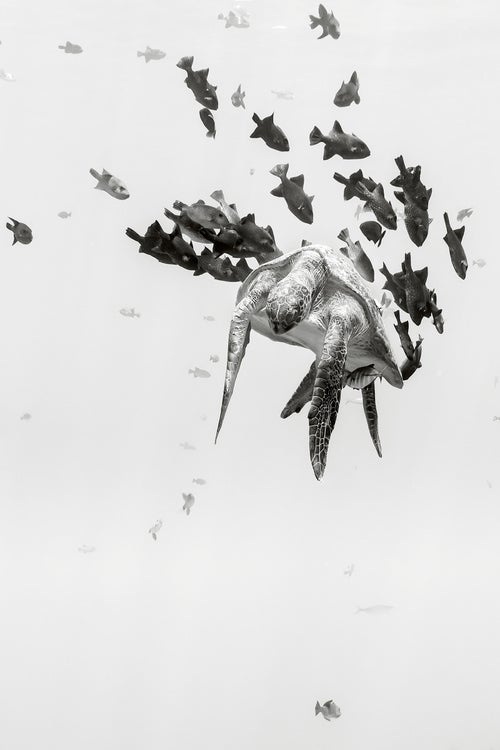
Each year, somewhere between 4.8 and 12.7 million tons of plastic ends up in the sea, to say nothing of the vast amounts of agricultural runoff, untreated sewage, and by-products of coastal development that also make their way into our oceans. Alarmingly, one 2006 study predicted that by 2048, every species currently fished by humans will have collapsed. Still, it seems that no amount of imagery depicting endless offshore garbage patches or sea turtles choked by plastic bags has made any difference. “We are not stopping. Our consumption has gone up. We are continuing the same destructive path,” says photographer Christian Vizl. To counter the sense of hopelessness, the 46-year-old has chosen to highlight the beauty of what’s being lost with a new book called Silent Kingdom: A World Beneath the Waves. “Humans have become very disconnected from nature’s beauty,” says Vizl, who compiled seven years’ worth of work for the book. “We can’t protect what we don’t love or what we don’t care about. Beauty is such a powerful force.” —Emily Reed
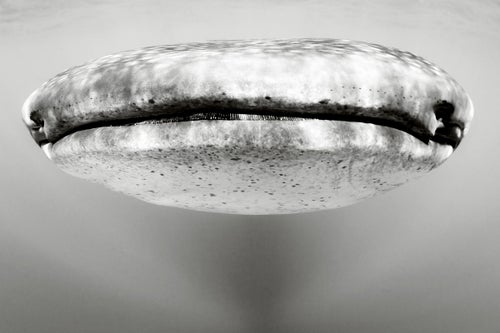
Vizl traveled the world to collect sparse and elegant images of marine animals at risk. The whale shark is facing rapid population decline, partly as a result of unsustainable fishing practices and habitat disturbance.
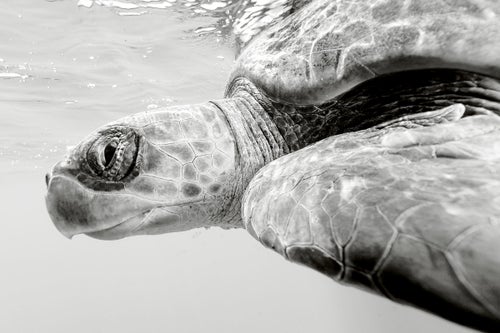
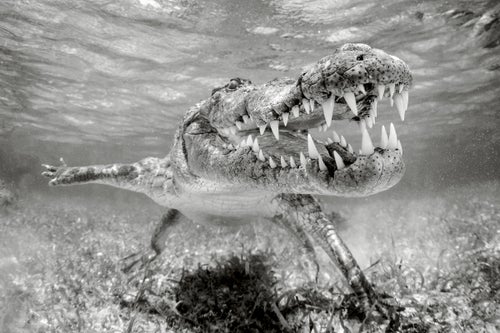
Many of the photos in Silent Kingdom, like these of a sea turtle and an American crocodile, were taken in Vizl’s home country of Mexico. “When I was a kid, I thought that the ocean was so vast and so big that it was almost unimaginable that you could deplete it of life,” he says.
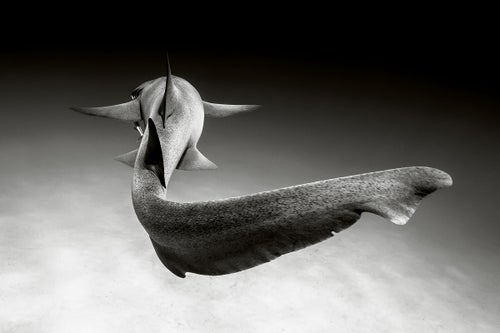
“These animals are really incredible, and they’re worth protecting,” says Vizl, who photographed this nurse shark off Bimini, an island chain in the Bahamas. “We are so lucky to share this planet with all these beautiful creatures, but I’m not sure they would say the same about us.”